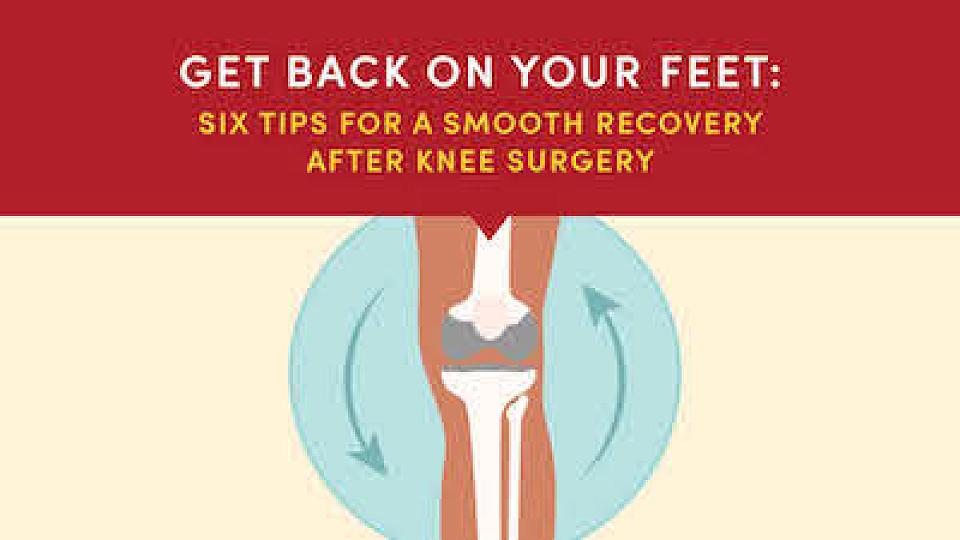Treating Knee Aches & Pain
Do your knees ache when you walk upstairs, hike, or even when you sit or lie down? If they do, you may be thinking about treatment options and wondering if you should get your knees replaced.
Knee replacement—also called knee arthroplasty—is a common surgery. More than one in 10 Americans will have a total knee replacement by the time they reach 80.
Even though it’s common, the decision to have surgery is a personal one. How do you know when it’s time to have knee replacement surgery?
How Bad Does Your Knee Have to Be Before Replacement?
Surgery is a last resort for many patients. In most cases, doctors will try more conservative treatments first before recommending any type of joint surgery, including knee replacement. Conservative treatments mean treatments that don’t use surgery. These include exercise, physical therapy, injections, medications, or non-surgical procedures.
Some doctors also recommend that patients lose weight before considering knee replacement surgery. Losing weight can often improve knee pain.
But if you have these symptoms, you may want to consider a more aggressive treatment: knee replacement surgery.
When Is It Time For Knee Replacement Surgery?
1. Long-lasting pain isn't getting better.
If you've tried exercise, physical therapy, and pain medication but your pain isn't getting better, it may be time to consider knee replacement surgery. After knee replacement surgery, pain goes away for as many as 90-95 percent of younger patients.
2. Arthritis is interfering with your life.
If your arthritis is making it difficult for you to walk, sleep, and go to work, this may be a sign you need to think about knee replacement surgery.
3. Your knees are stiff and swollen.
Do you have a painful, stiff, swollen knee? Total knee replacement surgery removes much of the damaged, inflamed tissue inside your knee that causes stiffness and swelling.
4. You've had a knee injury.
If your leg is deformed because of an injury or if you were born with a deformity, surgery may be a good option. Knee replacement surgery can repair deformed knee joints and help them work normally again.
5. Your knee hurts when you rest.
Most knee pain gets worse when you use your knee while walking, running, or exercising. But if your knee hurts even when you're not using it, you may need surgery to treat moderate or severe pain.
6. Your leg bows in or out.
During knee replacement surgery, your surgeon will remove all or part of your knee joint and will replace damaged portions with an artificial joint. This artificial joint can correct your leg if it bows in our out.
7. You want to stay physically active.
Artificial knee joints can last between 15 and 25 years. If you love running, skiing, or hiking but your knee pain is making it difficult to do those things, knee replacement surgery may be a good option.
8. You want long-lasting relief.
For nine out of 10 people, artificial knee joints still work well twenty years after surgery. Your age and physical activity level may affect how well your artificial knee joint works over time. For example, artificial joints usually last longer for older, less active people. But overall, artificial joints provide long-term improvement.
This is a modal window.
How Long Does It Take to Recover From a Knee Replacement?
For most people, it will take three months after surgery before they can do their regular activities again. It may take six months to a year before your knee regains full function.
How quickly you recover from surgery will depend on your:
- age,
- how strong your knee was before surgery, and
- whether you have other health problems like diabetes or rheumatoid arthritis.
These diseases weaken your immune system and can slow down healing.
Next Steps
If you have any of the symptoms above and think you may benefit from knee replacement surgery, make an appointment with one of our orthopedic doctors. Your doctor can help you and your family decide if you’re a good candidate for knee replacement.
You can also call us to make an appointment: 801-587-7109.
You can also learn more about knee replacement: symptoms, the benefits of having knee replacement, and what to expect during surgery and recovery.






